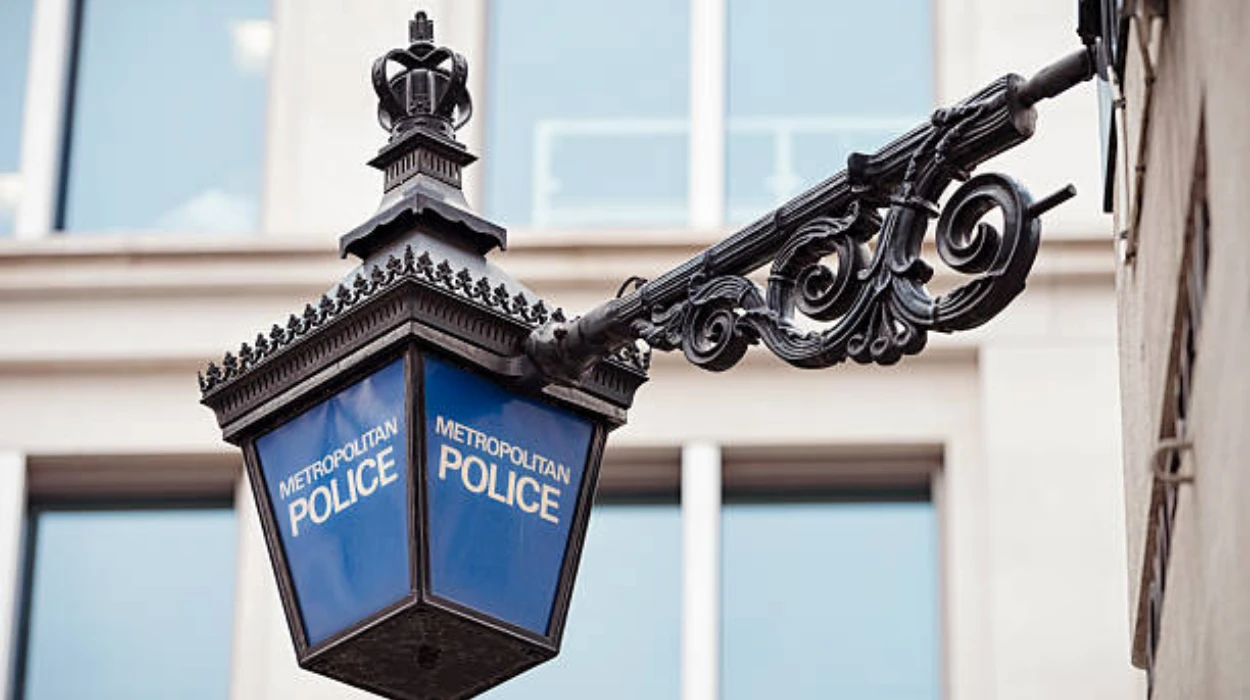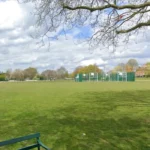Key Points
- The Metropolitan Police Service (Met) will more than double its deployments of live facial recognition (LFR) technology in London, particularly in Newham, amid a £260 million budget shortfall.
- The move comes alongside cuts of 1,400 officers and 300 staff, forcing a major force restructure, but is also enabled by a £32 million boost from City Hall and the Home Office.
- LFR deployments will rise to up to 10 times per week across five days, up from four times weekly over two days.
- The technology has enabled 1,000 arrests to date, with 773 of those leading to charge or caution.
- Police leadership, including Commissioner Sir Mark Rowley, say it is necessary for tackling rising crimes such as shoplifting, robbery, antisocial behaviour, and violence against women and girls.
- Newham Council and privacy campaigners have strongly criticised the move, raising concerns of bias, privacy intrusion, and lack of regulation.
- The push coincides with wider police redeployment to crime hotspots, particularly in the West End and across ethnically diverse boroughs like Newham.
- Some retailers and business leaders support the move, welcoming greater police presence and partnership.
- Controversy remains as the Council in Newham has voted to suspend LFR until safeguards and regulations are established. The police insist all deployments observe College of Policing guidance to ensure proportionality.
The Metropolitan Police Service is set to more than double the use of facial recognition technology in Newham and across London, a decision met with both support and concern within the community.
- Key Points
- Why Is the Met Police Increasing Its Use of Facial Recognition in Newham?
- How Will Live Facial Recognition Be Deployed and What Has It Achieved So Far?
- What Are the Concerns Raised by Newham Council and Privacy Campaigners?
- What Is the Police Response to These Criticisms?
- How Are Officers and Resources Being Redeployed Amid Budget Cuts?
- How Have Local Businesses Reacted to the Plans?
- What Are the Wider Implications and Future Debates?
Why Is the Met Police Increasing Its Use of Facial Recognition in Newham?
As reported by Lizzie Dearden of The Independent, the Met Police faces a £260 million budget gap, resulting in the scrapping of several units—including officers dedicated to parks and schools—and a pressing need for operational efficiency. Commissioner Sir Mark Rowley stated,
“We are scaling up our use of LFR to help arrest more wanted offenders. It’s one of several specialist tactics we are boosting to support neighbourhood teams in tackling the criminal gangs behind robbery and theft.”
According to TechInformed’s Ellie Burns, the increase in LFR deployments, from four times over two days to ten times over five days per week, is central to a strategy of doing more with less, targeting not only theft but also violence against women and girls, and antisocial behaviour. Mayor of London Sadiq Khan added:
“Thanks to record funding from City Hall, we are putting more police on the streets and investing in the tools they need to keep Londoners safe. This includes boosting neighbourhood teams and using smart technology to improve detection and response.”
How Will Live Facial Recognition Be Deployed and What Has It Achieved So Far?
Sonja Jessup of BBC News notes that LFR will now be used in crime hotspots, including for the first time at the Notting Hill Carnival. The Met disclosed that their facial recognition programme has, since 2016, scanned over one million faces, leading to 1,000 arrests and 773 charges or cautions, with senior officers describing it as the biggest breakthrough since DNA evidence.
What Are the Concerns Raised by Newham Council and Privacy Campaigners?
Areeq Chowdhury, the Labour councillor for Canning Town North, successfully submitted a motion to Newham Council for the suspension of LFR use in the borough, citing its
“intrusive nature, unreliability, and potential to exacerbate racist outcomes in policing,” as reported by Alex Scroxton of Computer Weekly.
Chowdhury likened the technology to “fingerprinting without consent.” The council demanded that use be paused until adequate biometric regulation and anti-discrimination safeguards are established.
Amar Virdee, Newham’s Cabinet Member for Community Safety and Crime, expressed to Newham Voices:
“This level of intrusion erodes the trust between the community and the law enforcement agencies tasked with protecting it. Studies have demonstrated that facial recognition software is prone to bias and inaccuracies, disproportionately affecting those from minority ethnic backgrounds.”
Liberty’s Charlie Whelton told Sky News:
“Any tech which has the potential to infringe on our rights in the way scanning and identifying millions of people does needs to have robust safeguards around its use, including ensuring that proper independent oversight is in place.”
What Is the Police Response to These Criticisms?
From the Met’s perspective, as stated by Sir Mark Rowley to Sky News,
“The technology is currently only used to look for serious offenders like wanted offenders and registered sex offenders … It’s a fantastic piece of technology. It’s very responsibly used, and that’s why most of the public support it.”
The Met emphasizes that all deployments follow strict College of Policing guidance, aiming to ensure fairness and proportionality, especially in diverse areas like Newham.
How Are Officers and Resources Being Redeployed Amid Budget Cuts?
Jessup of BBC News reports that, alongside technology investments, the Met will deploy an additional 80 officers in the West End and 90 to robbery and theft hotspots in areas such as Brixton, Kingston, Ealing, Finsbury Park, Southwark, and Spitalfields. However, cuts mean reduced staffing for parks and schools. Fifty officers will also join the Flying Squad, targeting organised crime against retail.
Mayor Sadiq Khan stressed that the funding boost would enable “a 50% rise in police officers on patrol” in the West End, and reinforcements for crime reduction elsewhere.
How Have Local Businesses Reacted to the Plans?
Anthony Hemmerdinger of Boots told TechInformed:
“We welcome this additional support. We’re already investing in our own deterrents like CCTV and bodycams, but partnership with police is crucial to ensuring our stores and high streets remain safe and welcoming.”
Ros Morgan, CEO of Heart London Business, told Sonja Jessup at BBC News that businesses
“will be grateful that this has finally come to fruition, as we have been advocating for it for quite some time.”
What Are the Wider Implications and Future Debates?
Civil liberties advocates warn of downplayed risks: as reported by Computer Weekly, major organisations like Amnesty International and Human Rights Watch have called for bans on LFR. Campaigner groups and local councillors argue that in a diverse borough like Newham, overuse or misuse of the technology may worsen tensions and could result in discrimination or wrongful targeting.
For the police, the primary goal remains increasing arrests and deterring crime, using technology to offset staff reductions and rising demands, especially from protest-related incidents. The debate over LFR’s role in a democratic society—and whether it can be balanced with privacy and fairness—remains unresolved.



